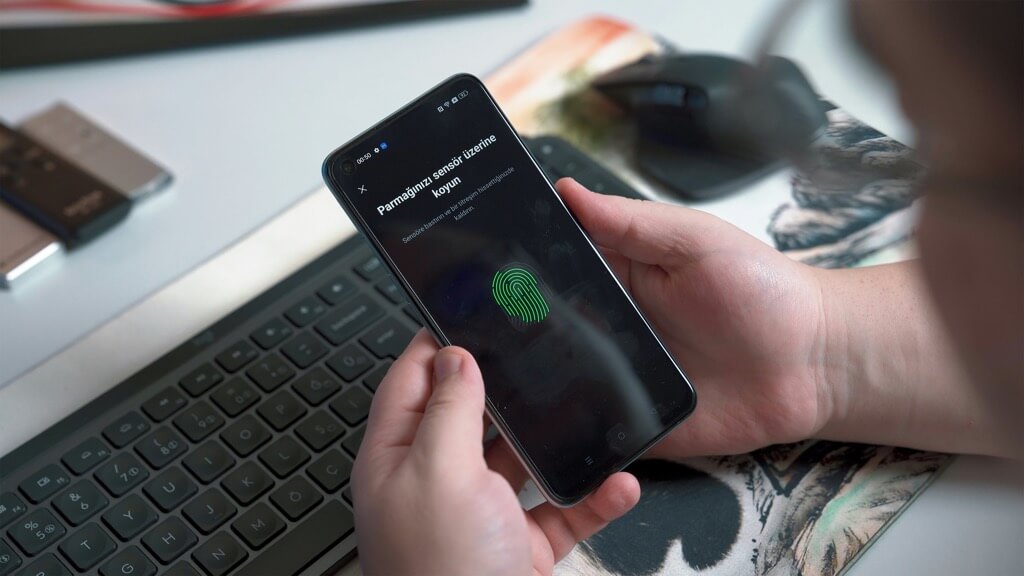Blockchains, renowned for their association with cryptocurrencies like Bitcoin and Ethereum, are heralding a new era beyond digital currencies. One of the most transformative applications of blockchain technology is in the realm of online identity verification.
Imagine a world where proving your identity online is as secure, effortless, and efficient as blinking—an ecosystem where businesses and individuals are shielded from identity theft, fraud, and privacy breaches. The potential of blockchain in online identity verification is nothing short of revolutionary.
Blockchain’s immutable nature and decentralization lay the foundation for a digital identity verification paradigm that outperforms traditional systems. Traditional methods, often reliant on manual inputs, multiple databases, and time-consuming processes, are susceptible to security breaches and errors. In contrast, blockchain-based systems offer:
Decentralization
Decentralization, a hallmark of blockchain technology, ushers in unprecedented resilience and autonomy for identity verification systems. Within this distributed network, an individual’s identity is not stored in a single, vulnerable centralized database. Instead, it’s fragmented across multiple nodes working in unison.
This distributed structure fortifies the system against hacks and grants individuals more control over their data. With no central authority having a monopoly on information, it becomes challenging for any entity—be it a government or a corporation—to misuse or manipulate it for personal gain. Additionally, decentralization reduces the risk of service disruptions; the failure of one node doesn’t jeopardize the entire network.
Security & Privacy
Blockchain-based systems empower individuals to share their data on their own terms, revolutionizing personal data privacy. Every transaction or data exchange on a blockchain is encrypted and bundled with others into a ‘block.’
Think of it as a digital lockbox—your data remains securely locked, accessible only to the intended recipient armed with the correct cryptographic key. Even if malicious actors intercept the transaction, without the right key, the data remains indecipherable, providing peace of mind to individuals.
Moreover, blockchain’s ability to enable ‘selective disclosure’ enhances privacy. Individuals can choose to reveal only necessary details while keeping the rest of their data confidential. For instance, to confirm one’s age in a blockchain-based system, there’s no need to disclose the birthdate—proof of being of legal age suffices.
Streamlining Identity Verification
Blockchain enhances the speed and convenience of identity verification to unprecedented levels. Conventional online identity verification can be a cumbersome process, involving numerous steps and potential bottlenecks. However, blockchain technology revolutionizes this process.
Once an individual’s identity is verified and recorded on the blockchain, it’s akin to possessing a universally recognized digital ID. This ID transcends platforms, eliminating the need for redundant verification processes each time an individual accesses a new service. Additionally, by replacing physical documentation with tamper-evident digital records, blockchain curbs fraud, leading to cost savings for businesses.
Challenges and Limitations
Despite its immense promise, the widespread adoption of blockchain for identity verification faces certain barriers:
- Blockchain’s inherent complexity requires a high degree of digital literacy, potentially excluding segments of the population with limited access to education and resources.
- Blockchain operates in a decentralized environment, posing regulatory challenges and the need for suitable laws to protect both users and businesses.
- Governments worldwide are recognizing the importance of regulating blockchain and cryptocurrency sectors. Regulatory bodies are actively working to establish guidelines and frameworks that govern the novel use of blockchain, including online identity verification.
Advantages of Blockchain Adoption
Blockchain technology offers numerous benefits when adopted for identity verification, revolutionizing the way individuals and businesses manage and protect sensitive information. Here are the key advantages:
- Immutable Ledger: Transactions are recorded in an unalterable ledger, making it nearly impossible for malicious actors to tamper with or manipulate data.
- Cryptographic Encryption: Data on the blockchain is securely encrypted, safeguarding it from unauthorized access and ensuring privacy.
- Reduced Single-Point Vulnerability: Decentralization eliminates the risk associated with a single, vulnerable central database.
- Selective Disclosure: Individuals can choose which specific information to share, enhancing privacy by reducing the need to reveal unnecessary personal data.
- User Control: Individuals have greater control over their own data, minimizing the risk of data misuse by third parties.
- Streamlined Verification: Once an identity is verified on the blockchain, it becomes universally recognized, eliminating the need for repetitive verification processes across different platforms.
- Cost Savings: Blockchain reduces the costs associated with identity verification, including the time and resources required to verify individuals’ identities and handle fraudulent cases.
- Data Integrity: Blockchain’s transparency ensures the integrity of stored information, building trust among users.
- Tamper Resistance: Transactions are protected against tampering, reinforcing trust in the authenticity of data.
- Elimination of Paper Documentation: Replacing physical documents with digital records reduces opportunities for identity fraud through document forgery, loss, or theft.
- Cryptographic Signatures: Digital signatures on the blockchain enhance the authenticity of transactions, reducing the risk of fraudulent activities.
Blockchain is poised to redefine online identity verification globally. As technology evolves and regulations mature, the challenges posed by blockchain technology will become surmountable. The benefits it offers far outweigh the hurdles, promising a future where online identity verification is secure, efficient, and reliable.
Blockchain technology represents more than a novel approach to identity verification—it’s a paradigm shift. It has the potential to redefine our digital lives, empowering individuals, fostering trust, and streamlining transactions. As the world embraces this technology, we move away from traditional, error-prone systems towards a future where each individual’s identity is as unique, secure, and immutable as a diamond in the rough.
Innovation is lighting the way, with organizations harnessing blockchain to transform and secure identity verification processes. While challenges persist, they also present opportunities for education, innovation, and growth.
- Enhancing Trust with Blockchain Identity Verification - January 24, 2024
- How Marijuana Turns You into a Food Lover - December 1, 2023
- Behind the Scenes of the U.S. Nuclear Gun - November 28, 2023

